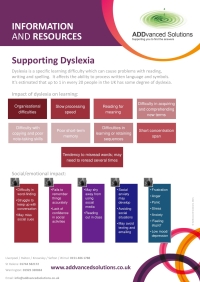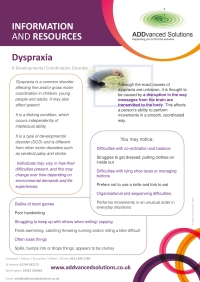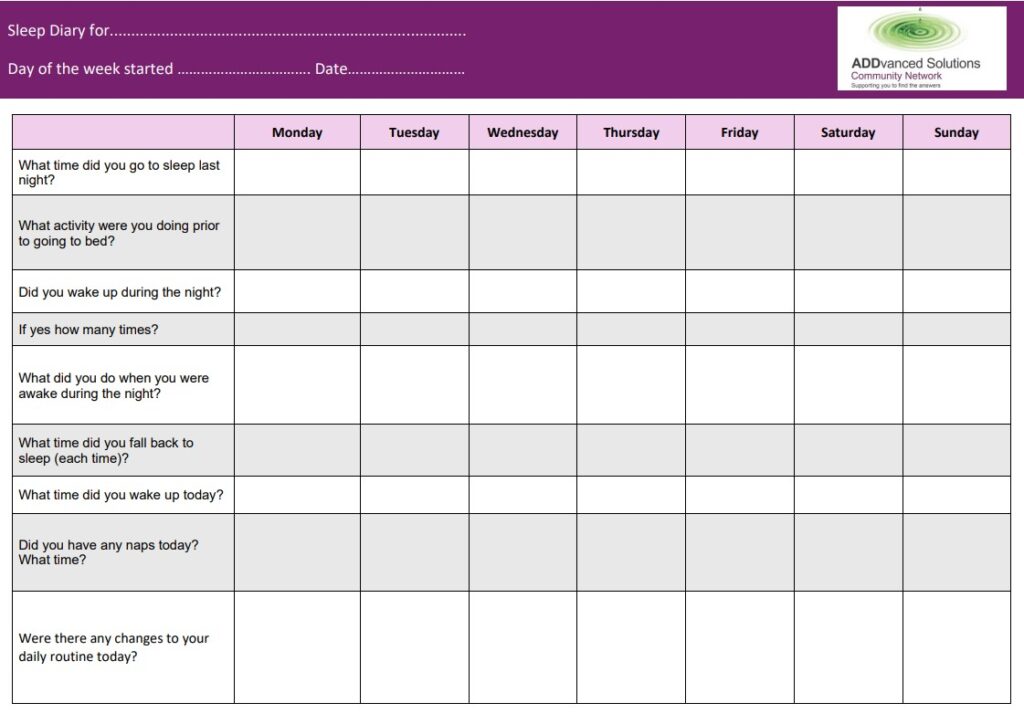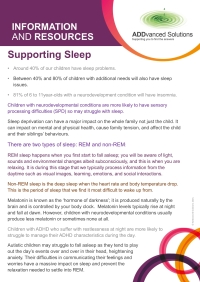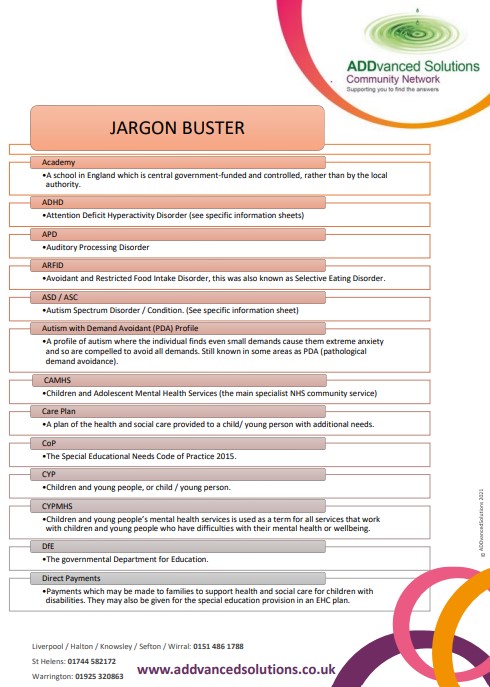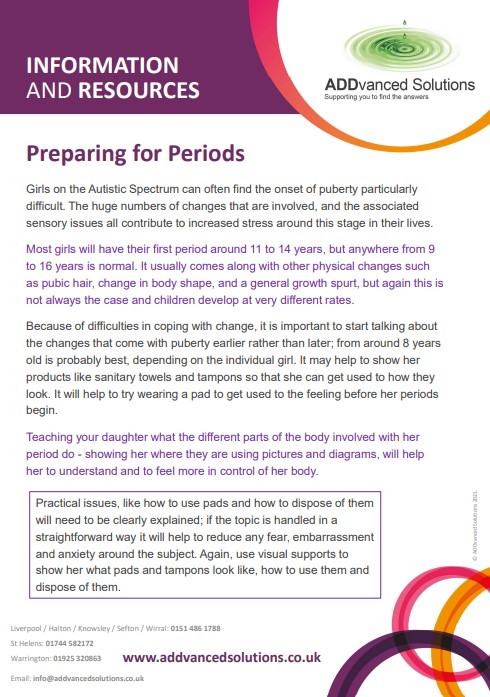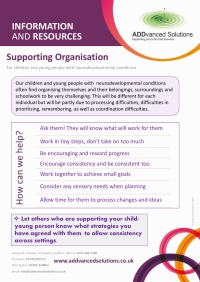Neurodevelopmental conditions
We offer a range of learning opportunities and resources to enable you to find the answers around a range of topics relevant to neurodevelopmental conditions including...

Meltdowns & Shutdowns

Mental Health & Wellbeing

Selective Mutism
Neurodevelopmental Conditions Learning Programme
Specific Learning Difficulties
Dyslexia, Dyspraxia, Dyscalculia and Dysgraphia are the four main learning difficulties under the umbrella of neurodevelopmental conditions. Individuals with these conditions will have varying levels of support needs. It is important to recognise and understand how these conditions can effect motor skills, processing and executive functioning and impact on learning.
Specific Learning Difficulties are covered in both our Neurodevelopmental Conditions Learning Programme and our Community Network Groups.
Sleep
Having a neurodevelopmental condition often affects sleep significantly for children and young people and this can impact their ability to focus and learn, their resilience and mood and create challenges for the whole family.
Reasons for this poor sleep in neurodivergence can be a combination of:
- a lower than usual melatonin production
- challenges around managing a multitude of racing thoughts
- processing going on in the brain
- sensory processing difficulties
- restlessness
- routine
- worry or anxiety
Below are some resources that can support to identify what might be impacting your child or young persons sleep.
ADDvanced Solutions Community Network have trained sleep practitioners who can give specific advice and support and we run sleep workshops throughout the year which will equip you with strategies to support these different factors affecting sleep.
We also regularly discuss sleep strategies in our Community Network Groups.
Demand Avoidance
Autism often brings a degree of demand avoidance, when times are challenging for autistic children and young people avoidance of demands can increase. There is a recognised “demand avoidant profile” as part of some Autism diagnoses. It is important to recognise that this behaviour is rooted in anxiety and requires a specific approach.
ADDvanced Solutions offer family workshops and Community Network group sessions devoted to the topic of Demand Avoidance.
SEND & School Attendance Barriers
Neurodevelopmental conditions are classed as Special Educational Needs and the level of adjustments or support will vary considerably depending on the individual needs of the child or young person. Understanding SEND processes enables parents and carers to work productively with the educational setting and advocate effectively for their child or young person.
It is not uncommon for neurodivergent children and young people to find school more challenging than their peers. We aim to support the adults around them to unpick root causes of the behaviours being displayed and to identify the barriers to attendance. With the right adaptions and support, specific to the individual needs of the child, an inclusive environment and a focus on nurturing strengths neurodivergent children and young people can have a positive school experience, successfully reach their full potential and be an asset to their school community. We are passionate about supporting you to make this happen.
This term we are running an online workshop on Barriers to School Attendance and regularly discuss SEND processes in our Community Network Groups.
Meltdowns & Shutdowns
Meltdowns and Shutdowns in neurodivergent children and young people can be extremely distressing for parents and carers and frightening for the child or young person themselves. Understanding more about your own child or young person’s individual neurodivergence, recognising the triggers and having strategies in place to support emotional regulation can make a significant difference to the frequency and serverity of these episodes.
Our learning programmes and community network groups are a great way to equip yourself with knowledge and strategies.
Mental Health & Well-being
Unfortunately it is common for neurodivergent children and young people to have periods of time when their mental health can be impacted by everything that they are navigating. It is important that we do not accept poor mental health as a part of neurodivergence and that we recognise, support and treat anxiety or depression in children and young people in a way that is realistic and managable for them.
Talking about emotions and feelings can be particularly challenging for neurodivergent individuals and sometimes a different approach is required. We regularly discuss mental health in our Community Network Groups.
Selective / Situational Mutism
Selective / Situational Mutism is an anxiety disorder that is more common in autistic people than non autistic people. Whilst able to speak freely at home and with people they know well, situational mutism will occur in unfamiliar places or with people who the child or young person does not feel so comfortable with and they find themselves completely unable to speak. At a young age these children can be perceived as very shy but as they reach adolescence Situational Mutism can be misunderstood as being rude or defiant. It’s so important that we recognise and support a child or young person with this condition in the correct way to minimise the persistence into adulthood.
We discuss this topic within our Community Network Group programme.
Puberty
Puberty is a difficult time for young people. Neurodivergent young people may have additional challenges in one or more of the following areas:
- accepting changes in appearance and feelings
- regulating emotions
- sensory differences
- communicating thoughts and feelings
- discussing personal topics
- increase in social expectations
Unfortunately, there can sometimes be a big impact on emotional well-being and mental health at this time. As part of our Community Network Group you will gain the experiences of other parents and carers who have navigated this time and we will enable you to build strategies to support your young person through this stage of life.
Eating Difficulties
Many neurodivergent people, particularly in childhood and adolescence, may have limitations on the variety of foods that they eat. This can often be attributed to sensory differences combined with a preference for sameness. If there is a healthy balanced diet that is repetitive and “bland” this should perhaps be accepted as a personal preference. Understanding how we can support sensory needs and encourage our children and young people to broaden their food choices is a topic we cover within our Community Network Groups.
ARFID (Avoidant and Restrictive Food Intake Disorder) is a recognised condition whereby the avoidance and restrictions around food are so significant that there is a cause for concern about the child or young persons health and development.
In Liverpool only we are commssioned to work along side the Occupational Therapy team to deliver Sensory Processing Differences and Eating Difficulties Training. See our offer in Liverpool for more information.
Toileting Difficulties
For some neurodivergent children and young people, toileting can also present some challenges stemming from sensory needs and, in some cases, combined with rigid thought patterns. As with many of the issues we face, its about unpicking the problem and reducing the anxiety around it.
We discuss this topic within our Community Network Group programme.
There are bladder and bowel services that can support with more significant difficulties and the ERIC website is a good resource for information.
Supporting Independence
At each stage of a child or young persons life, it is important we encourage independence at a pace which is applicable and individual to them. For neurodivergent children and young people some aspects of gaining independence may need more support, practice and time. It is important to focus on individual progress rather than comparisons or expectations and to encourage the development of these skills rather than falling into the habit of doing things for your child or young person.
At ADDvanced Solutions Community Network we will enable you to find strategies to build skills around independence and support your child or young person to make progress at their own pace. Come along to your local Community Network Group to find out more.
Preparing for Adulthood
Preparing for Adulthood is a particular terminology used by services to focus on enabling young people to have:
- Opportunities in further education and employment
- Access to independent living, including supported living
- Inclusion and active participation in local communities as an equal citizen and to be supported to build relationships and friendships
- Good health and wellbeing with reasonable adjustments in place as appropriate to support the access to mainstream health provision and services
At ADDvanced Solutions Community Network we will enable you to find strategies to build skills around independence and preparation for adulthood and signpost you to your local PFA offer. Come along to your local Community Network Group to find out more.
For parents and carers in Warrington, Knowsley and St Helens we are newly commissioned to deliver our Preparing for Adulthood Learning Programme.










